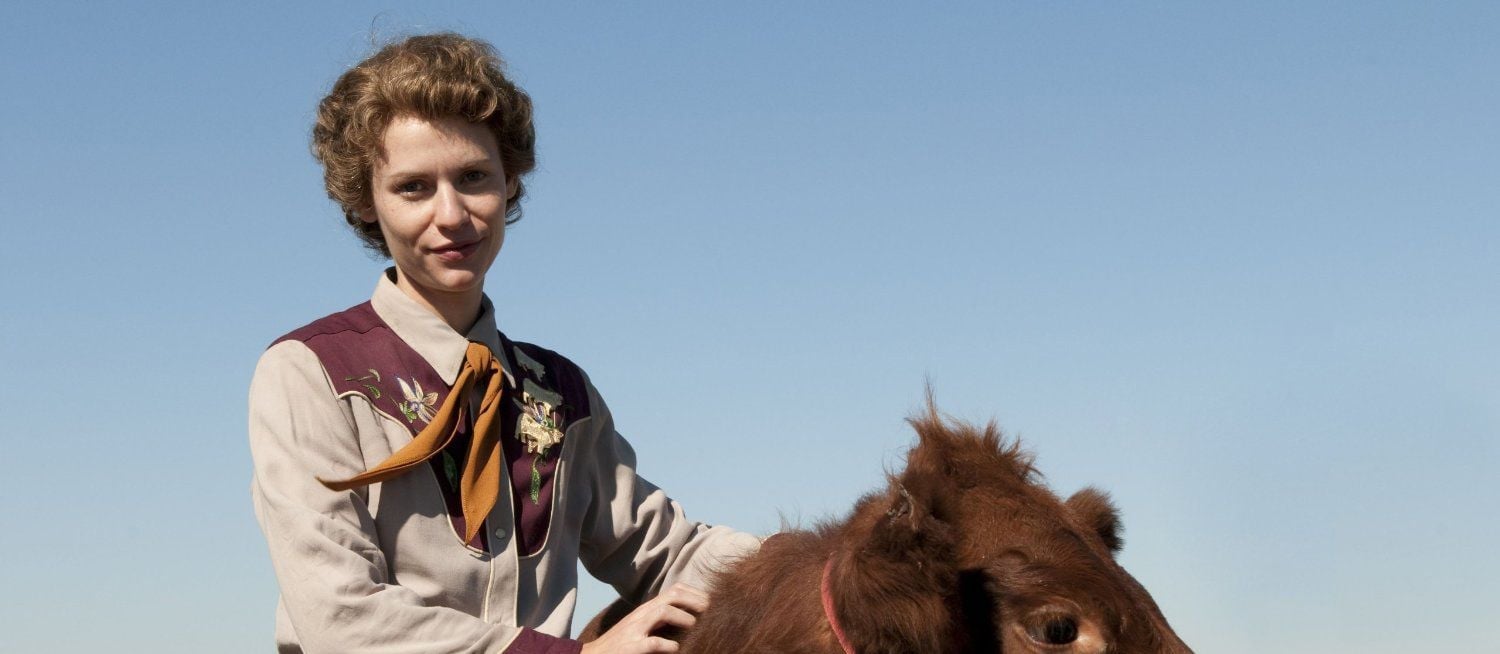When depicting a person known best for an advocacy, you have to be accurate to their story, but it’s rare to see a biopic match the ideas of that advocacy in its direction. It’s because of this that the HBO film Temple Grandin is great. While made for TV, it’s not a by-the-numbers biopic that just depicts the academic’s life straight. No, instead, the film experiments with visual ways to depict her unique visual intelligence– as Grandin’s autism also granted her photogenic memory, an above-average instinct for mechanical smarts, and a focus and drive to understand that’s not as shakable as other neurotypical academics. This novel approach matches the very advocacies she lived throughout her life– the systematic, more humane treatment in slaughterhouses, and the idea that autism doesn’t mean deficiency, it just needs support to allow that different intelligence to thrive.





